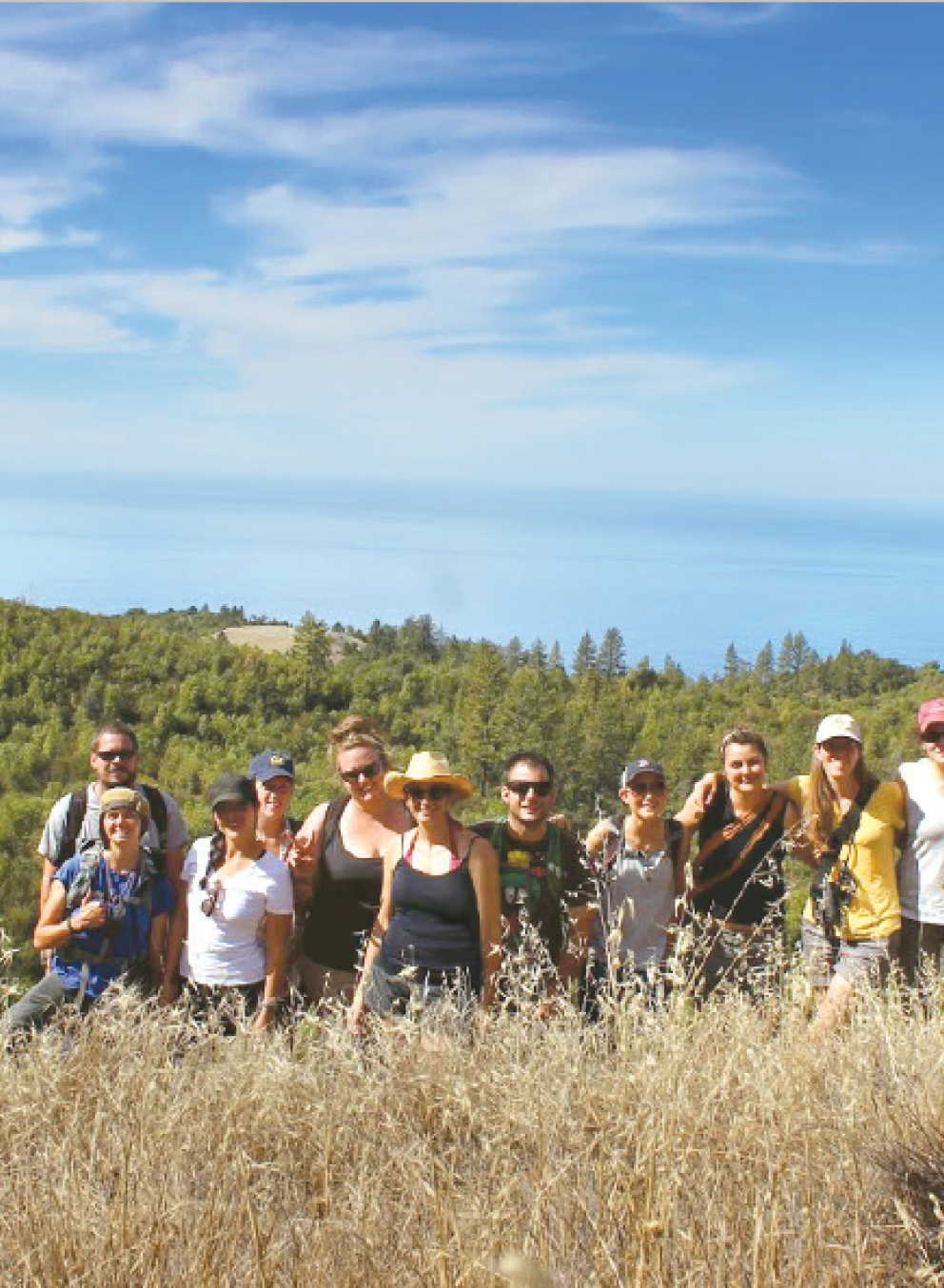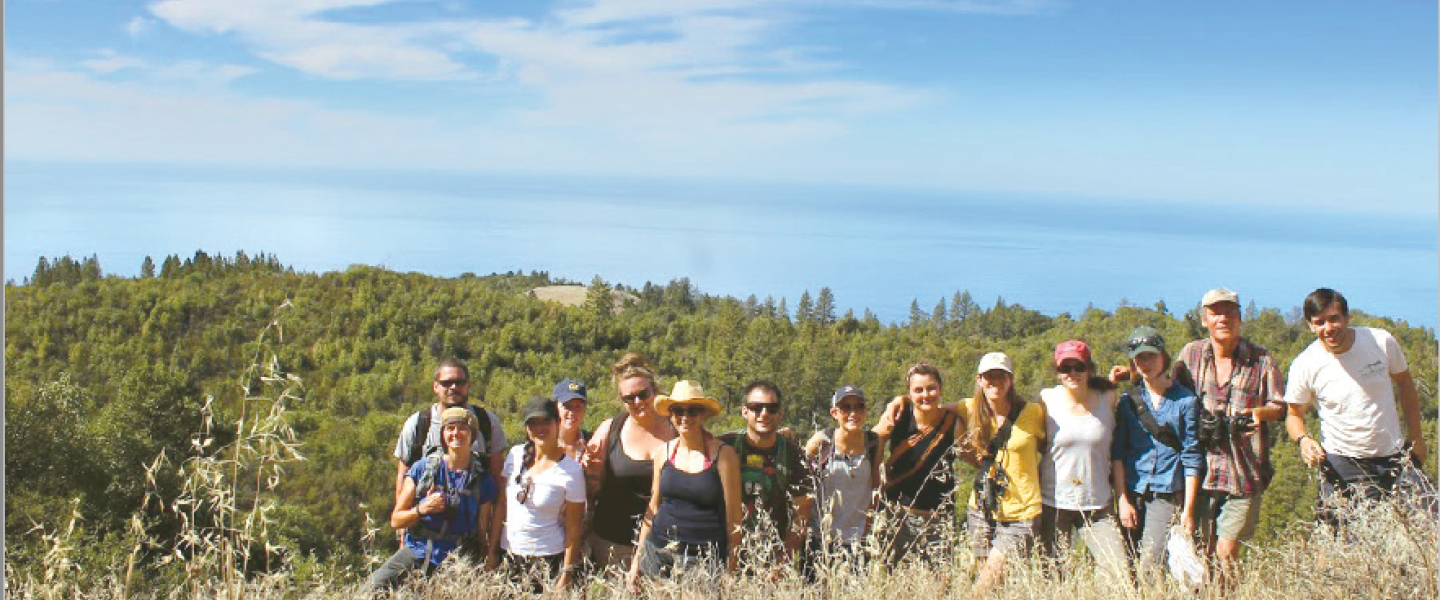- Environmental Science & Sustainability
- B.A.
- Ph.D.
- Social Sciences
- Environmental Studies
Program overview
The Environmental Studies Department is committed to examining, understanding, and addressing environmental challenges from an interdisciplinary perspective. This is found in our scholarship, teaching, and programming that bridges the natural and social sciences, and influences the ways in which we think about the causes of and solutions to complex, contemporary environmental issues. Crucial to this approach is a recognition that degradation of our planet and social injustice are intricately intertwined. Our faculty undertake environmental scholarship across diverse social, natural, and human-managed systems and built environments. Our curriculum is designed to emphasize experiential learning and enhance practical environmental problem solving skills in order to enable our students to more effectively address the environmental challenges of the 21st century. We strive to acknowledge and practice diversity in our approaches to knowledge, reasoning, learning, departmental composition, and community engagement.

Learning Experience
Study and Research Opportunities
- B.A. in Environmental Studies
- B.A. in Agroecology
- Combined B.A. majors available in Environmental Studies/Biology, Environmental Studies/Earth Sciences, and Environmental Studies/Economics
- For the Environmental Studies B.A., concentrations available in Geographic Information Systems (GIS), Global Environmental Justice, and Conservation Science and Policy
- Ph.D.
- As a complement to classroom instruction and research, many courses have field components. In addition, students are encouraged to participate in faculty-directed research on specific problems. The Environmental Studies Internship Program offers a variety of opportunities for internship placements. Students completed over 615 internships in 2022-23.
The Center for Agroecology is a research, education, and public service program at UC Santa Cruz.
The Kenneth S. Norris Center for Natural History supports natural history education and research opportunities for students, faculty, staff, and the greater Santa Cruz community.
The Center for Integrated Spatial Research (CISR) is the central facility for spatially focused research and training at UC Santa Cruz.
First-Year Requirements
Though it is recommended for high school students planning to major in Environmental Studies to obtain a background in English, biology, chemistry, social sciences, and quantitative and writing skills, there are no courses required for UC admission in environmental studies. AP scores for calculus may apply to the prerequisites.
Transfer Requirements
This is a screening major. Students transferring to UC Santa Cruz must fulfill the lower-division requirements for the major by completing equivalent courses at another recognized institution before transferring to UC Santa Cruz. Please find more information on the specific courses needed at the Environmental Studies Transfer Student Advising website. Major requirements, including the upper-division program, can be found at this link.

Internships and Career Opportunities
- Environmental Consulting
- Education Administration
- Environmental Educator
- Environmental Law/Legal Services/Law Enforcement/Policy Analyst
- Forestry/Wildlife/Conservation/Sustainability/Natural Resource Management
- Public Health/Relations Specialist
- Agribusiness/Farming/Ranching
Find out more career options on our website.
Program Contact
apartment Environmental Studies Department
apartment 405 Interdisciplinary Sciences Building (ISB)
mail envsadvi@ucsc.edu
phone (831) 459-5004

